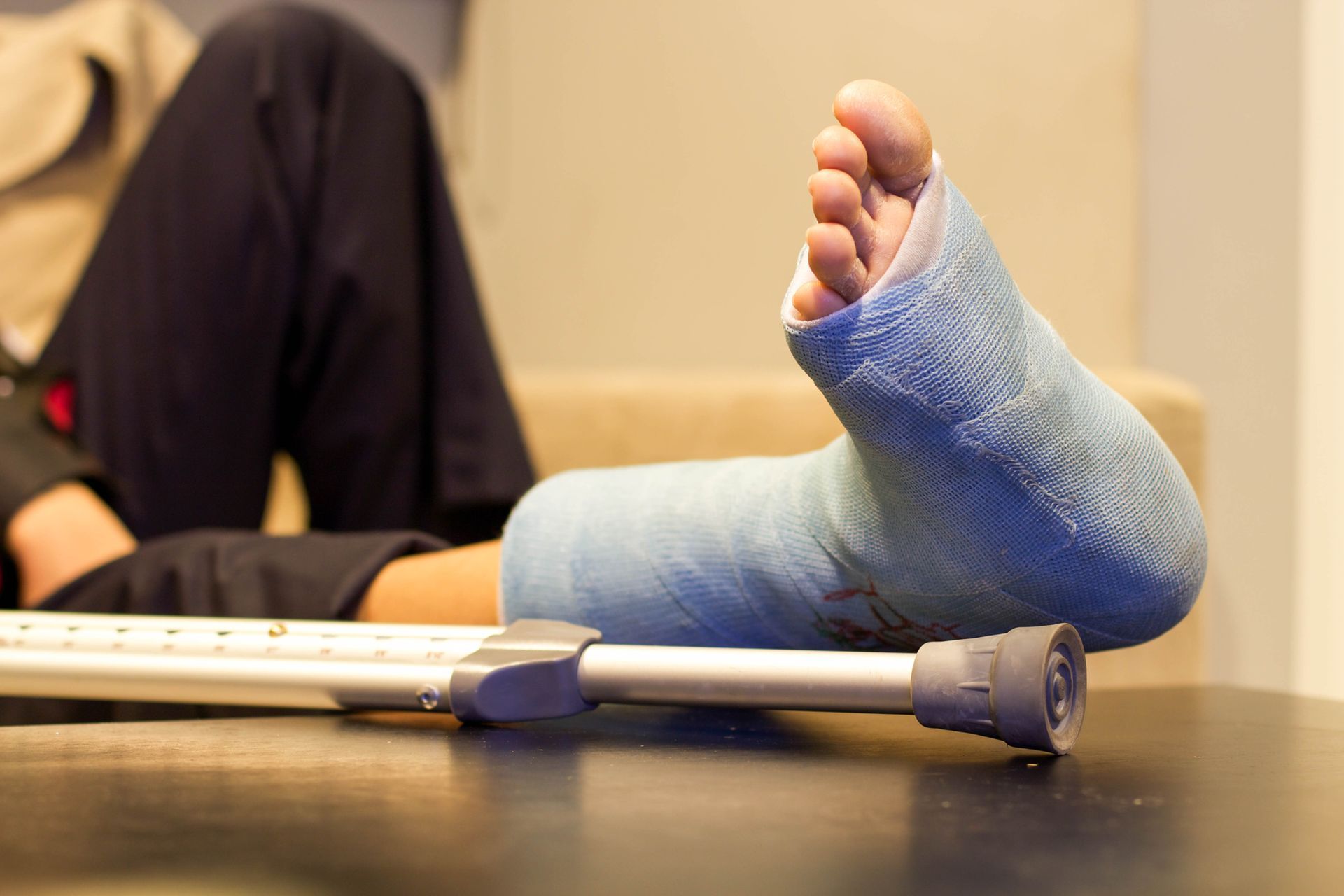 Bahasa Melayu
ms
Bahasa Melayu
ms
 Cymraeg
cy
Cymraeg
cy
 Español
es
Español
es
 Беларуская
be
Беларуская
be
 فارسی
fa
فارسی
fa
 简体中文
zh
简体中文
zh
 Македонски
mk
Македонски
mk
 Basque
eu
Basque
eu
 português
pt
português
pt
 Србија
sr
Србија
sr
 English
en
English
en
 eesti
et
eesti
et
 Nederlands
nl
Nederlands
nl
 čeština
cs
čeština
cs
 հայերեն
hy
հայերեն
hy
 ਪੰਜਾਬੀ
pa
ਪੰਜਾਬੀ
pa
 Bahasa Indonesia
id
Bahasa Indonesia
id
 پښتو
ps
پښتو
ps
 norsk
nb
norsk
nb
 Dansk
da
Dansk
da
 한국어
ko
한국어
ko
 Монгол
mn
Монгол
mn
 Italiano
it
Italiano
it
 български
bg
български
bg
 shqip
sq
shqip
sq
 íslenska
is
íslenska
is
 Ελληνικά
el
Ελληνικά
el
 Français
fr
Français
fr
 bosanski
bs
bosanski
bs
 Māori
mi
Māori
mi
 Latviešu
lv
Latviešu
lv
 Azərbaycan dili
az
Azərbaycan dili
az
 lietuvių
lt
lietuvių
lt
 Filipino
tl
Filipino
tl
 русский
ru
русский
ru
 Türkçe
tr
Türkçe
tr
 हिन्दी
hi
हिन्दी
hi
 română
ro
română
ro
 English
en
English
en
 ไทย
th
ไทย
th
 Malti
mt
Malti
mt
 Українська
uk
Українська
uk
 Français
fr
Français
fr
 hrvatski
hr
hrvatski
hr
 Español
es
Español
es
 Kiswahili
sw
Kiswahili
sw
 Suomi
fi
Suomi
fi
 slovenščina
sl
slovenščina
sl
 português
pt
português
pt
 ქართული
ka
ქართული
ka
 Afrikaans
af
Afrikaans
af
 繁體中文
zh
繁體中文
zh
 עברית
he
עברית
he
 català
ca
català
ca
 Deutsch
de
Deutsch
de
 polski
pl
polski
pl
 magyar
hu
magyar
hu
 Español
es
Español
es
 தமிழ்
ta
தமிழ்
ta
 العربية
ar
العربية
ar
 Español
es
Español
es
 slovenčina
sk
slovenčina
sk
 Svenska
sv
Svenska
sv
 日本語
ja
日本語
ja
 Tiếng Việt
vi
Tiếng Việt
vi
 Español
es
Español
es
 Galician
gl
Galician
gl
 English
en
English
en
Shedding Light on Personal Injury Payouts

Personal injury payouts often remain cloaked in a shroud of ambiguity, leading to numerous misconceptions and untapped entitlements. This is partly due to the sensitive nature of personal injury lawsuits and the varying factors that can affect the final settlement amount.
To illuminate this often misunderstood area, this blog post aims to unearth surprising insights and little-known facts about personal injury payouts. Hopefully, you'll understand what you may be entitled to if your case is successful.
Taxes May Apply in Certain Cases
Contrary to popular belief, personal injury settlements are not always entirely tax-free. While the Internal Revenue Service (IRS) generally excludes damages received for physical illness or injury from taxable income, there are certain exceptions.
For instance, when you receive a settlement for emotional distress or mental anguish unrelated to the physical injury, it's considered taxable income. Additionally, punitive damages, awarded to punish the defendant and deter others from engaging in similar behavior, are taxable.
Further nuances come into play if you claim deductions for medical expenses related to the injury on your tax return. If you receive a settlement later and it covers those same medical costs, you must "recapture" the amount you deducted in the past, and this becomes taxable.
Understanding these tax implications is critical when negotiating a settlement, as the after-tax amount is ultimately what matters to you as the plaintiff.
Structured Settlements Are Still an Option
In some cases, instead of a one-time lump sum payment, the defendant will agree to pay the settlement amount in installments over time. These are known as structured settlements, and they offer some advantages to the recipient.
First, structured settlements can provide a reliable source of income for an extended period, possibly even covering future expenses related to the injury. This is particularly beneficial if the plaintiff cannot work or faces ongoing medical costs due to their injury. The payments from a structured settlement are generally tax-free, providing added financial security.
However, you need to consider potential drawbacks as well. You might lose the option to access your entire settlement amount immediately, which could be necessary if you face financial difficulties due to your injury. In other words, if you need a large sum of money upfront to cover medical bills, structured settlements may not be suitable.
You need to carefully weigh the pros and cons with your attorney before you decide on a structured settlement. Remember that every case is unique, and what may be the best option for one person may not work for you.
The Payout Process Can Take Time
The process of receiving a personal injury payout can be lengthy, largely due to the complexities of legal proceedings and the need for detailed investigation into the claim. After an injury, you need to collect evidence, consult with medical professionals about the extent and implications of the injury, and seek legal advice.
Once you file a lawsuit, your lawyer needs to gather information in the discovery phase, which can take months. Negotiations for settlements can then begin. But if a settlement isn't reached, the case may go to trial, further extending the timeline. Depending on the complexity of the case and the court's schedule, it could be several months before a trial begins and reaches a conclusion.
Another factor that can prolong the payout process is the severity and extent of your injuries. Medical professionals need sufficient time to assess the full impact of the injuries, especially if there's long-term or permanent damage.
Insurers or defending attorneys might also want to wait until the victim has reached 'maximum medical improvement.' At this point, the injured person's condition has stabilized to the extent that no major medical improvements or deterioration is expected. Waiting ensures that all possible costs and implications of the injury are taken into account when calculating the payout.
Need to understand your rights and options about personal injury payouts? Consult Spiegel & Barbato to get the best possible outcome for your case. With our help, you can better understand the potential tax implications, the basics of structured settlements, and the time it takes to receive your payout.
BUSINESS HOURS:
Accepting Calls 24/7
Proudly Serving Our Satisfied Clients:
The Bronx, Brooklyn, Queens, Manhattan, Westchester, and Surrounding Areas










